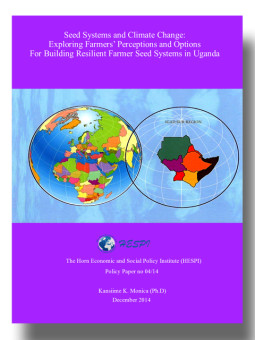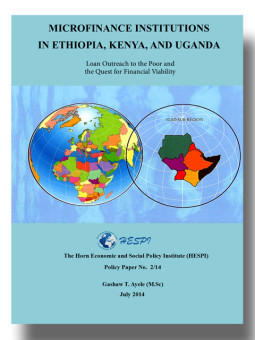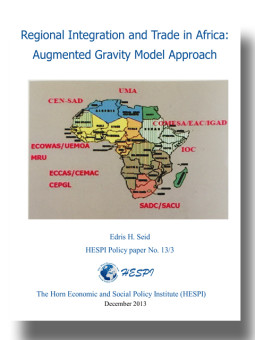Seed Systems and Climate Change: Exploring Perceptions and Options for Building Resilience of Farmer Seed Systems in Uganda
Given the challenges facing agriculture resulting from change, building resilience is a priority. Seed systems are an important area for enhancing such resilience as seed security has direct links to food security, and resilient livelihoods in general. This study used data from a nationally representative sample to assess farmer perceptions of climate change, its effects on livelihoods and seed systems, and options for enhancing resilience of their seed systems. Drought or irregular rains were considered…





